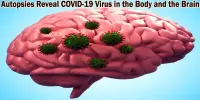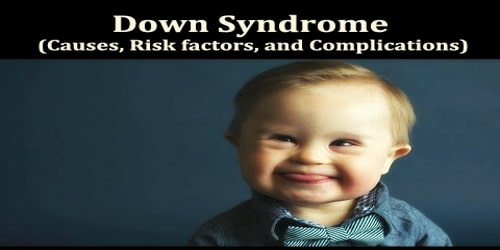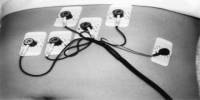Schizophrenia
Definition
Schizophrenia is an illness affecting the brain and rooted within the biological functions of the brain cells. The word schizophrenia literally means a “fragmented mind”. It tends to strike most often in late teens and early twenties, slightly earlier in men than in women, although late onset illness can occur as late as the 70s. Schizophrenia before puberty is very rare. It often includes psychotic experiences, such as hearing voices or delusions. It can impair functioning through the loss of an acquired capability to earn a livelihood, or the disruption of studies.
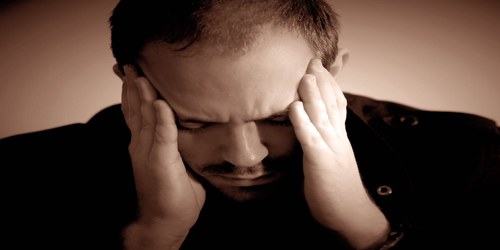
People with schizophrenia often have additional mental health problems such as anxiety disorders, major depressive illness, or substance-use disorders. Symptoms typically come on gradually, begin in young adulthood, and last a long time.
In many cases, the disorder develops so slowly that the individual does not know that they have had it for many years. However, in other cases, it can strike suddenly and develop quickly.
Schizophrenia affects approximately 1 percent of all adults, globally. Experts say schizophrenia is probably many illnesses masquerading as one. About 0.3–0.7% of people are affected by schizophrenia during their lifetimes. In 2013 there were an estimated 23.6 million cases globally. Males are more often affected than females. About 20% of people do well, and a few recover completely.
Causes, Sign and Symptoms of Schizophrenia
The exact cause of schizophrenia is unknown. However, most experts believe the condition is caused by a combination of genetic and environmental factors. It’s thought that some people are more vulnerable to developing schizophrenia, and certain situations can trigger the condition.
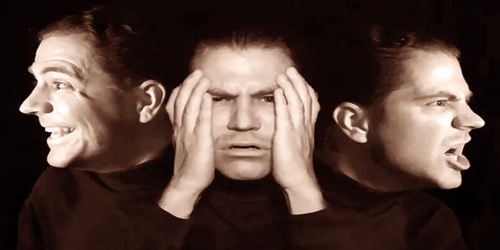
Individuals with schizophrenia may experience hallucinations, and disorganized thinking and speech. The last may range from loss of train of thought, to sentences only loosely connected in meaning, to speech that is not understandable known as word salad. Social withdrawal, sloppiness of dress and hygiene, and loss of motivation and judgment are all common in schizophrenia.
Symptoms and signs of schizophrenia will vary, depending on the individual. The symptoms are classified into four categories:
- Positive symptoms – also known as psychotic symptoms. For example, delusions and hallucinations.
- Negative symptoms – these refer to elements that are taken away from the individual. For example, absence of facial expressions or lack of motivation.
- Cognitive symptoms – these affect the person’s thought processes. They may be positive or negative symptoms, for example, poor concentration is a negative symptom.
- Emotional symptoms – these are usually negative symptoms, such as blunted emotions.
Here is a list of the major symptoms:
- Delusions – the patient displays false beliefs, which can take many forms, such as delusions of persecution, or delusions of grandeur. They may feel others are attempting to control them remotely. Or, they may think they have extraordinary powers and abilities.
- Hallucinations – hearing voices is much more common than seeing, feeling, tasting, or smelling things which are not there, however, people with schizophrenia may experience a wide range of hallucinations.
- Thought disorder – the person may jump from one subject to another for no logical reason. The speaker may be hard to follow or erratic.
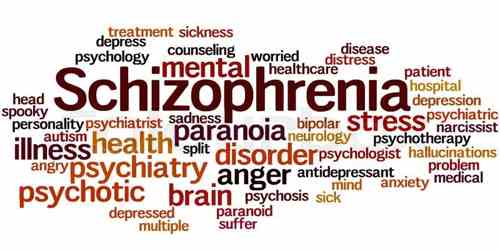
Other symptoms may include:
- Lack of motivation (avolition) – the patient loses their drive. Everyday actions, such as washing and cooking, are neglected.
- Poor expression of emotions – responses to happy or sad occasions may be lacking, or inappropriate.
- Social withdrawal – when a patient with schizophrenia withdraws socially, it is often because they believe somebody is going to harm them.
- Unawareness of illness – as the hallucinations and delusions seem so real for patients, many of them may not believe they are ill. They may refuse to take medication for fear of side effects, or for fear that the medication may be poison, for example.
- Cognitive difficulties – the patient’s ability to concentrate, recall things, plan ahead, and to organize their life are affected. Communication becomes more difficult.
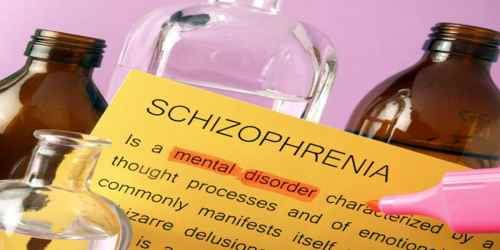
Treatment of Schizophrenia
Schizophrenia is usually treated with a combination of medication and therapy tailored to each individual. In most cases, this will be antipsychotic medicines and cognitive behavioural therapy (CBT).
People with schizophrenia usually receive help from a community mental health team, which offers day-to-day support and treatment. Many people recover from schizophrenia, although they may have periods when symptoms return (relapses). Support and treatment can help reduce the impact the condition has on daily life.
Reference:

